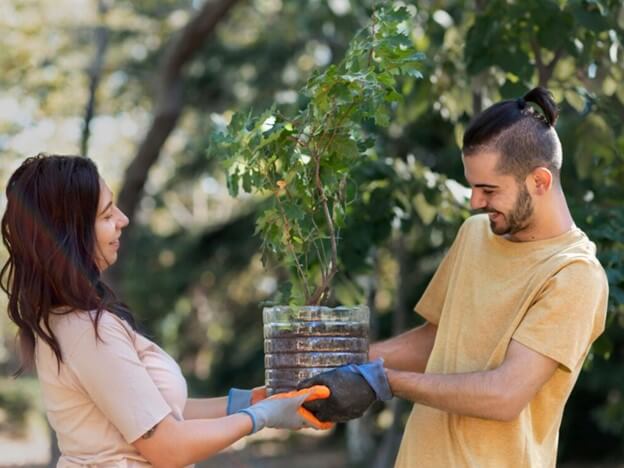The environment and support system surrounding an individual play a crucial role in recovering from substance use disorders. A sober living community exemplifies this by providing more than just a drug-free space. It creates a network of mutual support, positive reinforcement, and shared accountability. Within these communities, individuals bolster their resolve to stay sober by helping one another and learning new skills. Living with others on a similar journey can significantly strengthen one’s determination and provide the encouragement needed to navigate the challenges of recovery.
The Foundation of Shared Experiences
In sober living groups, sharing recovery stories enriches everyone’s perspective. Newer residents can observe and interact with those further along in their journey, demystifying the recovery process. This shared living environment fosters a natural mentoring system where knowledge and expertise are passed through casual conversations and shared experiences rather than formal instruction. This process empowers individuals and strengthens the group’s collective resolve and ability to maintain sobriety.
Accountability: A Mutual Commitment
Accountability is central to sober living communities. Members do not just coexist; they depend on each other, and their choices impact everyone. This mutual accountability keeps the group disciplined and ensures adherence to treatment plans. Regular check-ins make it easier for individuals to share their successes and struggles. This openness encourages proactive steps to overcome addiction challenges and helps prevent relapses.
Access to Continuous Support
Sober living communities are structured to provide continuous support, often lacking in traditional recovery settings. These communities offer more than therapy and counseling; members have constant access to each other and community leaders for support at any time. Whether facing a midnight crisis or a midday challenge, there is always someone available to help. This continuous support makes residents feel less isolated in their struggles and reinforces the safety net these communities provide.
Cultivating Healthy Relationships

Sober living environments are excellent for learning to build healthy relationships, a critical aspect of recovery. In a safe, drug-free setting, residents navigate interpersonal dynamics, repair damaged trust, and enhance their communication skills. These social skills are essential for reintegrating into society after treatment and maintaining lifelong sobriety. Commitment to sober living often leads to strong, lasting relationships.
Promoting Personal Growth and Empowerment
Sober living is about more than avoiding substances; it’s also about personal growth and development. Residents are continually encouraged to learn new skills, build self-confidence, and explore their passions. Recreational opportunities, career training, and educational programs all contribute to providing a safe space for individuals to try new things and rediscover what they love. Focusing on personal growth is vital for maintaining long-term sobriety.
Conclusion
Community-based treatment programs, such as Phoenix Rising Treatment, offer significant benefits for individuals overcoming substance abuse. Phoenix Rising Treatment creates a supportive environment that promotes not only sobriety but also holistic development, helping people reclaim their lives and build a positive, resilient future. We believe that recovery is not only possible but that it can be transformative and enduring when we work together as a community. This belief drives our community-oriented approach to recovery.

